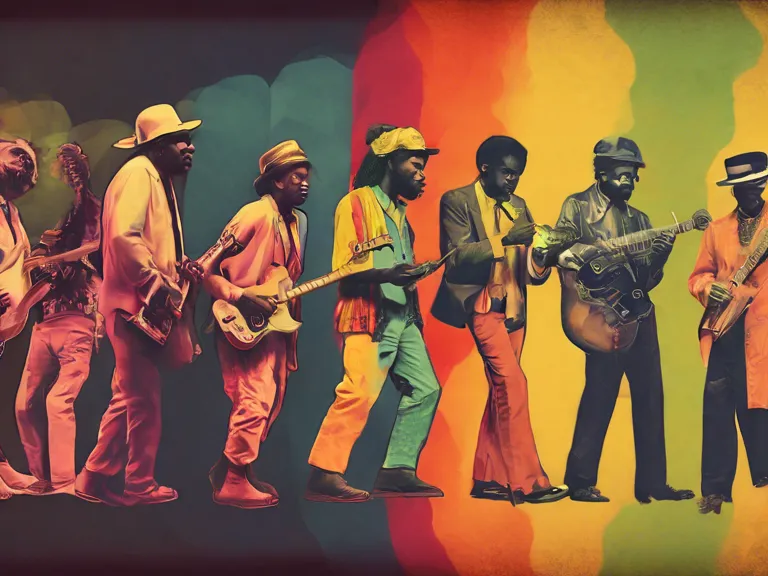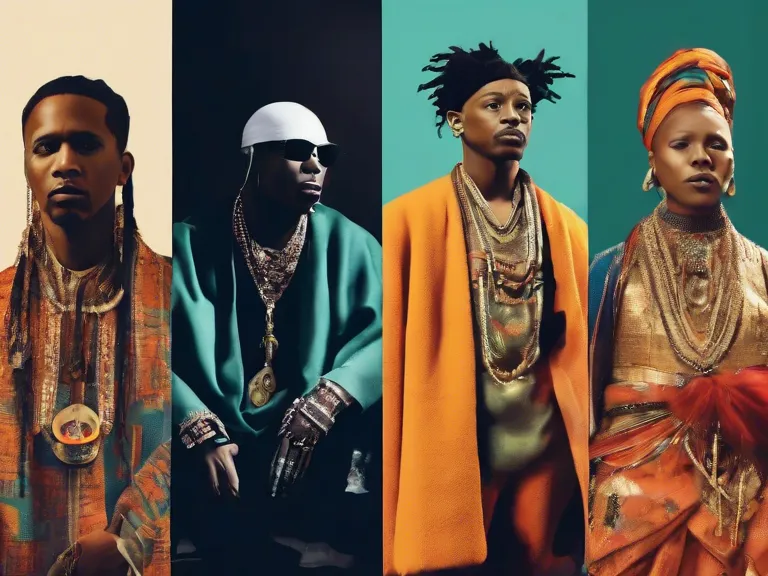
Music genres have continuously evolved throughout history, shaped by the cultural movements and influences of each era. From classical symphonies to modern rap and electronic music, the diversity of genres we listen to today reflects the ever-changing nature of society. Understanding how culture shapes the evolution of music genres can provide valuable insights into the soundscapes that dominate our playlists.
One of the key factors influencing the development of music genres is the social and political climate of the time. For example, the rise of rock and roll in the 1950s was a response to the rebellion and youthful energy of the post-World War II era. Similarly, hip-hop emerged as a form of expression for marginalized communities in the Bronx during the 1970s and 1980s, reflecting the struggles and realities of urban life.
Technological advancements have also played a significant role in shaping modern music genres. The invention of new instruments, recording techniques, and production tools has enabled artists to experiment with different sounds and styles, leading to the creation of entirely new genres. Electronic music, for instance, would not exist without the development of synthesizers and drum machines in the 1970s.
Globalization has further contributed to the evolution of music genres by facilitating the exchange of ideas and influences across cultures. As artists from different parts of the world collaborate and draw inspiration from each other, new genres and styles emerge that blend traditional and contemporary elements. This fusion of musical traditions has resulted in the creation of genres like reggaeton, K-pop, and Afrobeat, which have gained popularity on a global scale.
In conclusion, the evolution of music genres is a reflection of the rich tapestry of cultures and experiences that make up our world. By understanding how culture shapes modern sound, we can appreciate the diversity and innovation that defines the music industry today.



